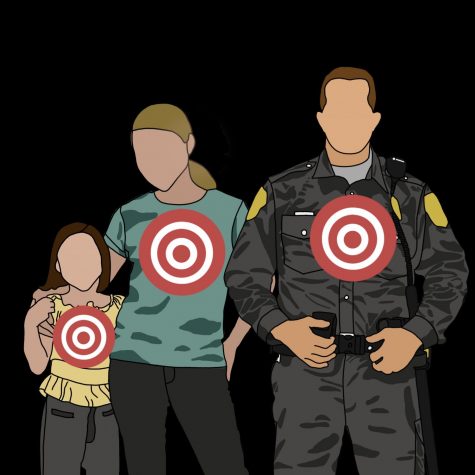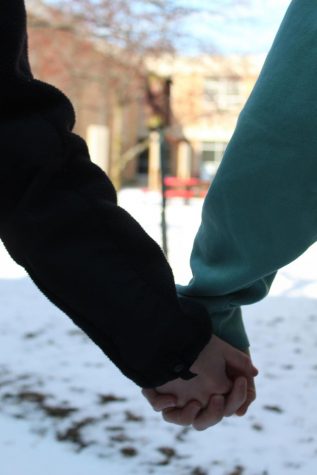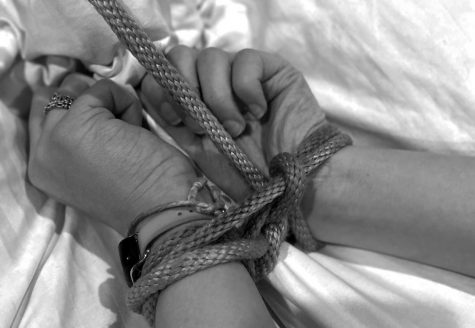Good Things Come to Those Who Wait
1. Good things happen to people who are patient.
More stories from Nicolas Chiappetta
As the winter sports season is well on its way, many student-athletes have changed their schedules and adjusted their clocks to fit their sports needs. Since the winter sports season runs about four months long, it makes it the longest athletic season of the school year.
With basketball, wrestling, bowling, hockey, cheer and dance being spread out over two semesters and winter break, athletes can find a lot of benefits and disadvantages. One disadvantage that many athletes believe makes the winter season such a hard season to play in is the length.
“I have a love-hate relationship with the winter season,” senior Brandon Etayem said. “The beginning is nice at first, but as the season goes on and on, it really starts to drag.”
Etayem is a wrestler for the school’s Varsity wrestling team. He wrestled all four years at the school and has loved every year of it. To him, the wrestling season starts off great because they go on a simple routine of just practicing and competing, and then repeating this process every week. As the season goes on however, Etayem feels that this repetition starts to become obnoxious and annoying because they are doing the same thing every day, and the athletes begin to grow sick of it.
“School is already a long day, and adding another three hours of practice is stressful because you have to go home, finish your homework and then fit in enough time to sleep to feel well-rested the next morning,” Etayem said.
Having an already stressful day at school, piling on practice and homework afterwards can sometimes be a lot for an athlete to handle. They also lose a lot of their social time and might not be able to see friends or fit in relationships because they have to focus on their schoolwork and keep up their grades.
“One thing I actually do really like about the long season is that we get a lot more time to practice our moves and skills for regionals and state,” Etayem said.
Even though the season can get lengthy because of the winter months, the amount of practice athletes get with a long season is very beneficial to the them. Neither fall nor spring sport seasons have as much time as the winter season to practice their players’ and team’s skills. With this extra time that other sports teams do not have the luxury of having, winter athletes have more chances to achieve a lot of success in their competitions.
Another athlete who competes during the winter sport season is senior Varsity dancer Morgan Balleza. Dance and cheer are the only two sports that span multiple seasons: fall and winter.
“I love when the winter season starts because I start to get on a regular schedule,” Balleza said.
Balleza loves being on a schedule because it keeps her on track and keeps her focused throughout the week. When the winter season starts, she notices the team’s work ethic strengthen from the fall to winter season.
“I like that the team becomes a lot more serious in the winter,” Balleza said. “The fall season is more about having fun, but during the winter season competitions begin and everyone is really striving to be the best they can be.”
Since the fall season is much shorter than the winter season, the team does not need to prepare for competitions, but rather for football games; however, as soon as winter season starts, it becomes “lockdown mode” for the girls. They have to stay focused both mentally and physically for the competitions in order to achieve their many goals of the season. Their most important goal this season was to make it to Illinois High School Association State Finals. Since the winter season is longer, they had more time to practice for their competitions and to work hard and prepare for state. Unfortunately, the girls fell short at sectionals and were unable to qualify for state, but were still able to use the long season to their advantage.
As well as playing in a sport and competing during the winter, the winter season also affects athletes who have the winter as an offseason. Some athletes want to work out and condition during their offseason to prepare for upcoming sports in the spring or fall.
“I want to increase my size and strength to be better than I was last year,” junior Julius Catalan said.
Catalan is a lineman for the Varsity football team. With a lot of extra time in the offseason, he wants to increase his strength and muscle to become bigger and stronger to help improve the team for the upcoming season. He is also considering participating in track and field and throwing shot put and discus.
“The long time off gives me a lot of time to reach my personal goals and achievements in and out of the weight room that I set forth for myself,” Catalan said.
The offseason gives athletes a lot more time than an athlete in a sport during the winter season for them to reach their own goals for their body and their school work. Since the athletes have more time, they work and focus on their grades, which is a huge benefit for them.
“I also have a lot of time to hang with my friends and family,” Catalan said. “Playing on a sport is a huge commitment, so I value the free time I have in the off-season.”
Since lifting after school does not take as much time as practice does for a sport, offseason athletes can be with their friends and family more often, which is something that many student-athletes tend to value when they have practice.
Many athletes have different goals for the winter. From going to State and winning it all to setting and reaching personal goals for themselves, they all want to accomplish something big. With the long season, they have a lot of time to practice and develop their skills that the fall and spring do not have. While the winter season is longer than the others and can put a lot stress on one’s schoolwork and social life, all the hard work and effort is worth the chilly season in the end.

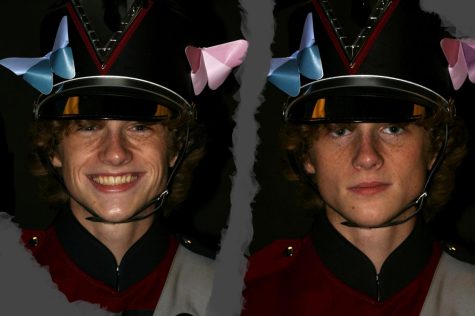
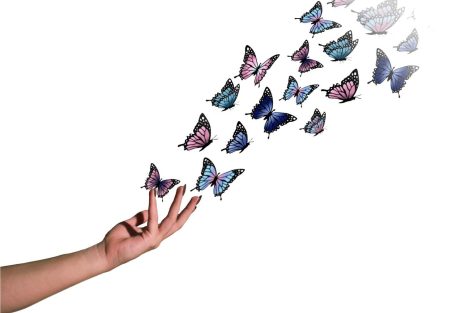

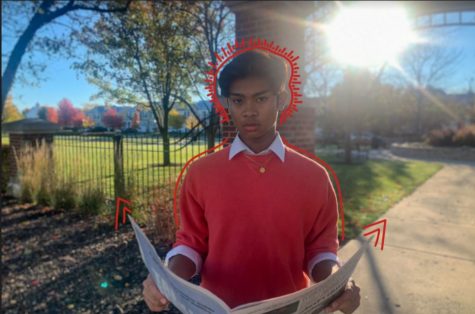

![The Black Lives Matter movement has become a growing trend in recent years. Everything people post on Instagram and everything [related to] politics is a trend now sophomore Kelsey Aviles said. Despite how serious of a topic it is, some individuals post about BLM specifically because it is trendy.](https://www.sequoitmedia.com/wp-content/uploads/2020/12/Untitled-Artwork-3-475x168.jpg)

